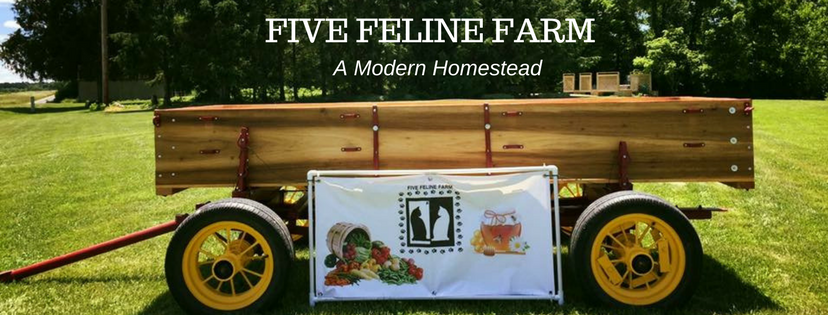*This is a repeat of the article originally published on December 12, 2018 and sent to email subscribers on December 13, 2018. Due to a wrinkle in the blogging universe, it did not display properly.*
In my last post I referred to three areas of focus for us to improve our sustainable life style. Reducing the use of some things is the first of those areas.
Have you ever thought about how many chemical compounds you ingest during a day? I’m not talking about things like water, salt, or other items that are technically chemical compounds but actual ingredients you recognize. Rather I’m referring to those artificially processed, scientifically named products with more letters than the English alphabet that read more like a lab experiment than a food.
For the past few years, we have been paying particular attention to chemicals in our diet, cleaning products and even skin care products. To this end, we made the following changes:
1. Limited use of processed foods like lunch meat and most canned or processed items. Yes, we use some canned soups, salsas, etc., but it is minimal. Whenever possible we choose brands with short, recognizable ingredient lists.
2. Changing household cleaners from chemically based products to home made versions. Most of the cleaning is done with vinegar, water, Dawn dishwashing liquid (they use it on wildlife after all) and vodka. Yes vodka. Alcohol is a great disinfectant.
3. Eliminating the use of petroleum based skin products. The most popular brand of lip balm can not even fit all of their ingredients on the label. You have to search the internet to locate the ingredients and the first one is petroleum. It is nearly impossible to pronounce any of the others. We make our own we have christened BEEk balm with four recognizable items: beeswax, sweet almond oil, vitamin oil and a flavoring agent. Our original flavor is honey from our own hives. The others are food grade essential oils.
It isn’t always easy to make these lifestyle changes. We made small changes over time, not a sweeping change all at once. Food is the hardest both because it is the most frequently used of this list and because it often takes a little extra time to prepare fresh foods. But it is worth it. Our health is worth it and our environment is worth it.
What small change can you make?

